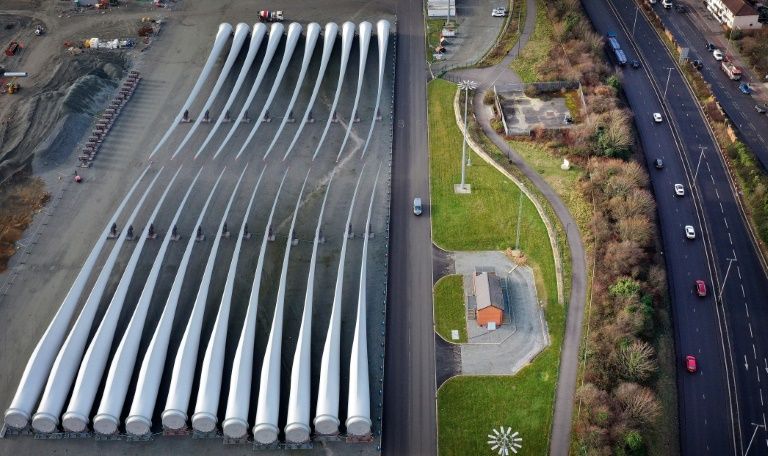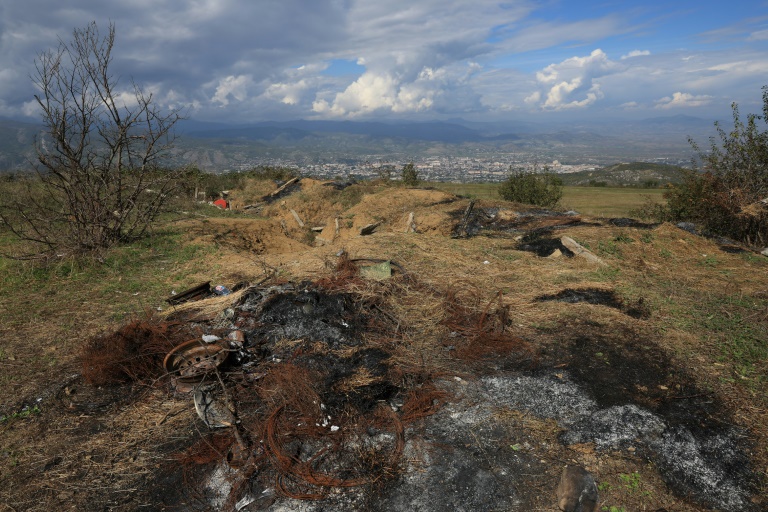The United States is likely to miss its offshore wind installation targets by nearly 50%, experts estimate, as a string of delays and cancellations in large-scale offshore wind projects continues to grow.
Energy sector analyst Bloomberg NEF’s outlook for U.S. offshore wind capacity by 2030 fell by 29% between its June and November reports, now predicting 16.4 GW of cumulative offshore wind capacity by the end of the decade.
In September, the Biden Administration reiterated its goal of achieving 30 GW of offshore wind capacity by 2030.
“President Biden has set an ambitious goal of achieving 30 GW of offshore wind by 2030 – and I am more confident than ever that we will meet it,” Secretary of the Interior Deb Haaland said in a Department of Energy press release.
In recent weeks, the U.S. wind sector has faced a series of headwinds, namely high interest rates, rising costs for wind turbine components and local opposition to large-scale offshore wind projects.
Danish renewable giant Ørsted headlined the U.S. offshore wind sector’s recent woes, when at the beginning of November it decided to cancel two major offshore wind projects in New Jersey, Ocean 1 and 2, taking a $5.6 billion writedown in the process. Ocean 1 and 2 proposed to generate 2.2 GW of annual electrical capacity (7.3% of the 30 GW goal).
On Tuesday, German conglomerate Siemens Energy scrapped plans to build a $200 million wind turbine component facility in Portsmouth Virginia, the same day it announced a $4.9 billion annual loss driven largely by slumping revenue from the wind energy business.
In October, Norwegian state-owned energy company Equinor had plans for a proposed 2.1 GW offshore facility in Long Island thrown in doubt by a New York state legislative ruling and organized backlash from locals.
New York Governor Kathy Hochul announced a new round of offshore wind auctioning on Thursday, with bids due in January 2024. New York State plans to generate 9 GW of offshore wind power by 2035.
On Thursday, a proposed 1.8 GW-capacity wind farm off the coast of Maryland received a letter of complaint from the county commissioners’ office of Worcester County, Maryland. The project’s operator, US Wind, has not indicated whether its plans to begin production in 2025 are impacted by this development.
The Department of Energy has yet to comment on recently delayed and canceled offshore wind projects in the U.S., including aforementioned projects from Ørsted, Siemens, Equinor or US Wind.
The Biden Administration’s goal of 30 GW of installed wind energy capacity is “drifting further from reality,” BloombergNEF said in its early November report.
The United Nations’ annual climate conference, COP 28, will be held in Dubai at the end of the month, at which countries will be expected to address “insufficient” global efforts to reduce greenhouse gas emissions.







